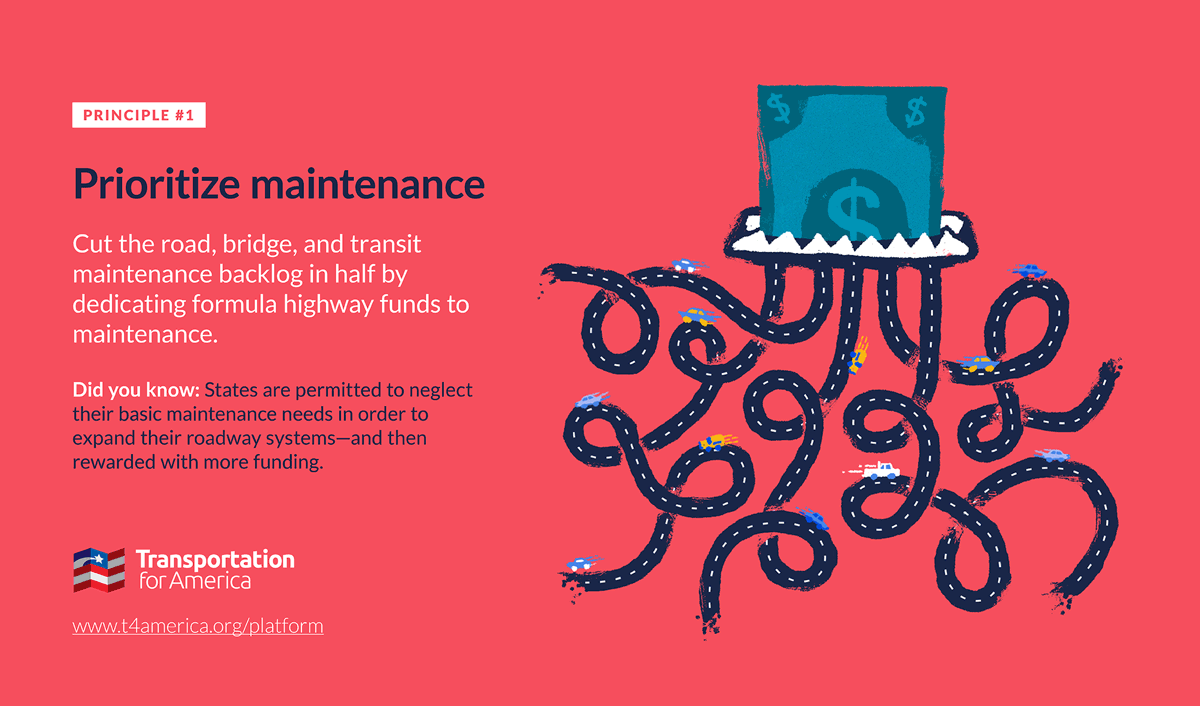Repealing jaywalking laws to refocus on street design
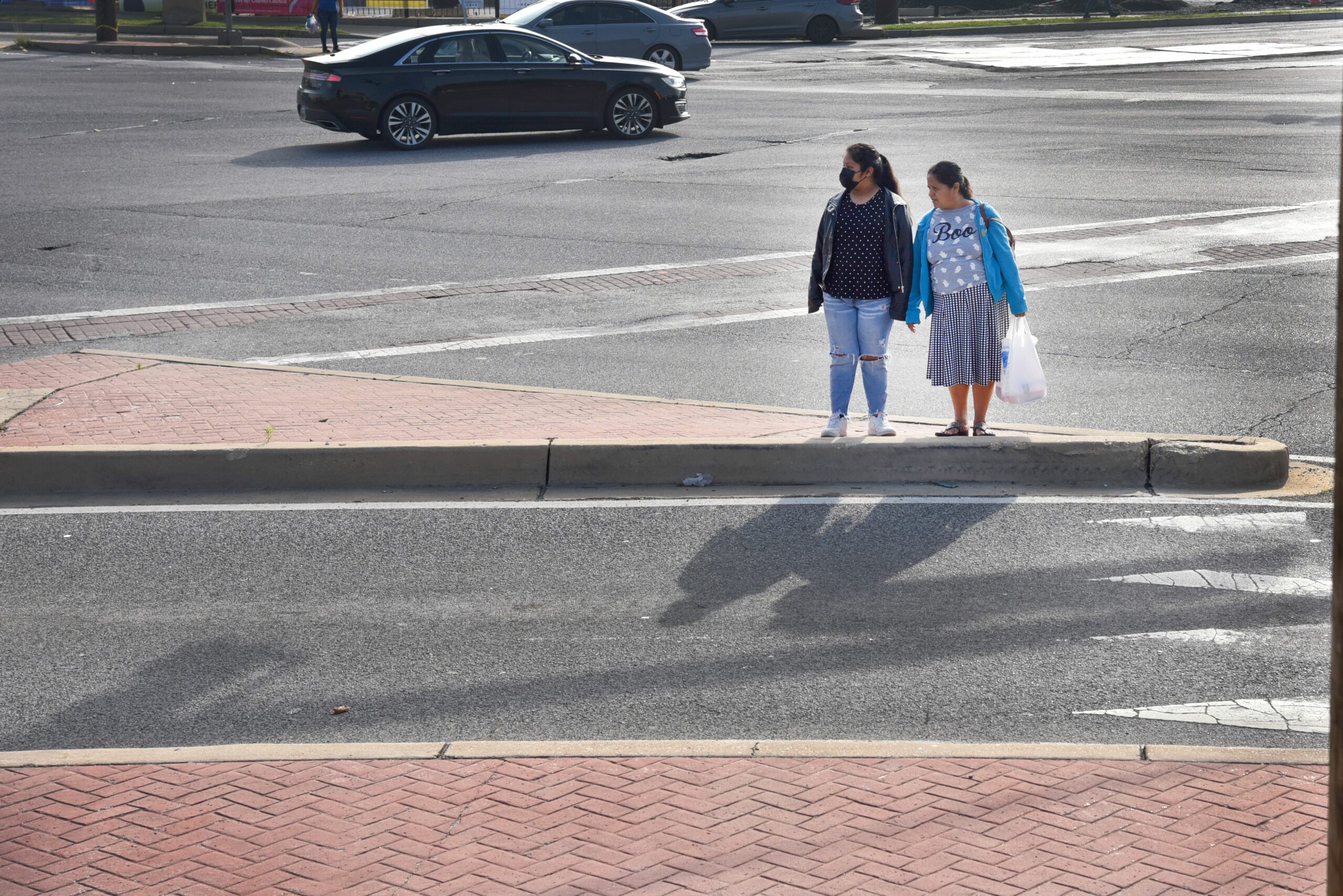
Washington could be the next state to repeal jaywalking laws. While the repeal could address racial and social justice issues, the effort could also lead the conversation toward more just and safe street design.
Sparking Progress: A new report on our electric future
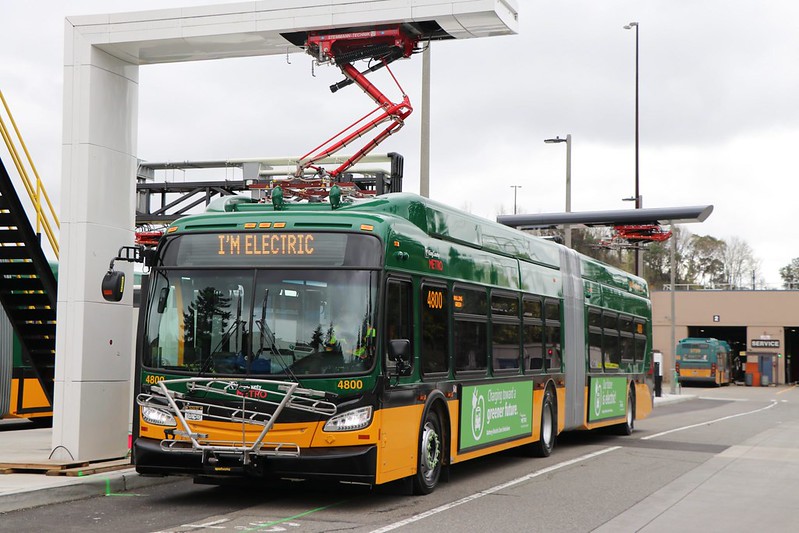
The federal government provided billions of dollars to make transportation cleaner and greener. But to reduce emissions, we need to do more than spend money on the same tired solutions. A new report from the Coalition Helping America Rebuild and Go Electric (CHARGE) explains how federal investments can advance equity and clean energy goals.
Looking back on a rich day of learning at TransportationCamp 2023
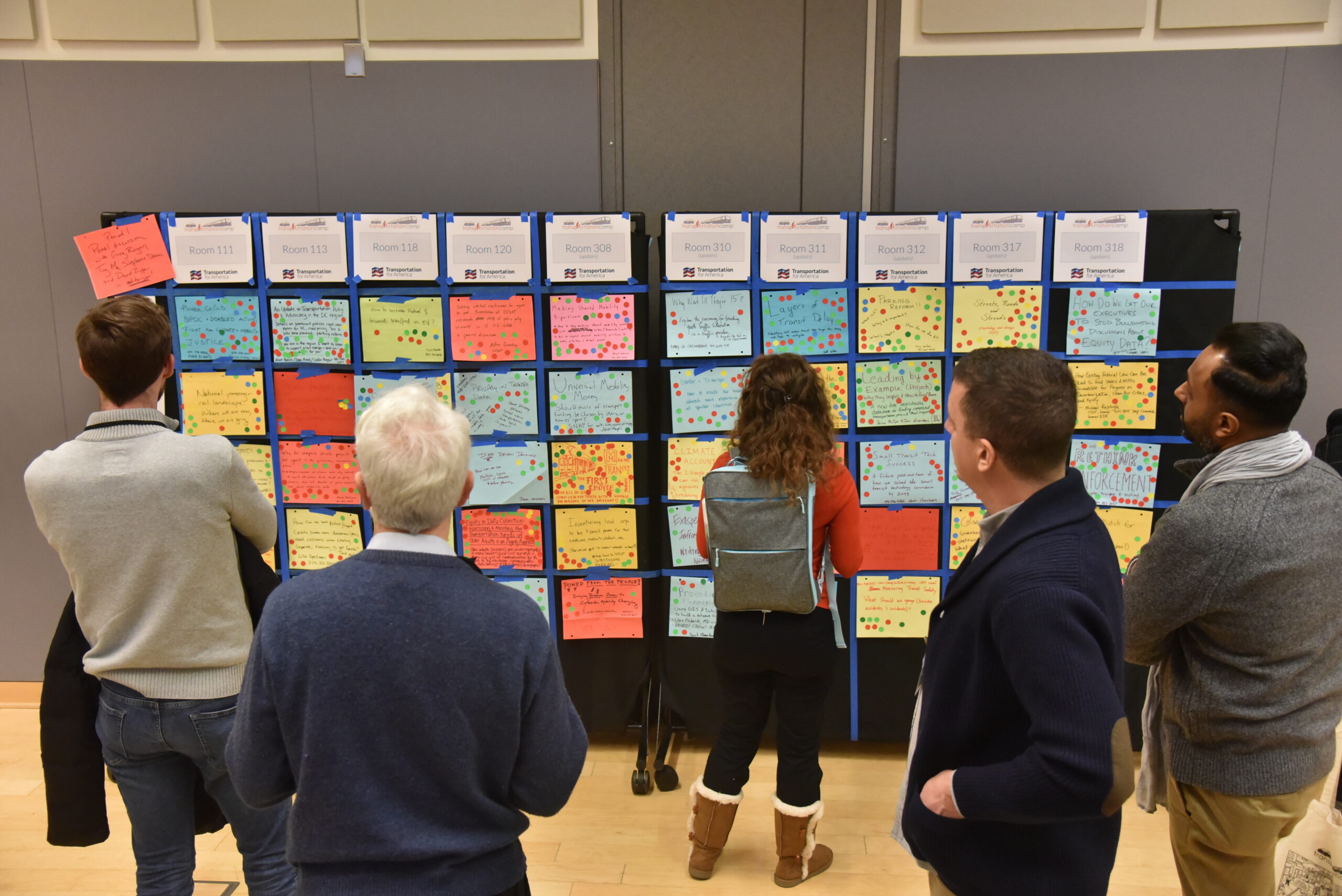
Just before the start of the 102nd annual (and massive) Transportation Research Board meeting in downtown DC, more than 300 passionate and knowledgeable transportation pros and advocates gathered on the other side of the river in Virginia (with over 100 more tuning in online) for an incredible day of spontaneous learning. Here’s a few things we learned or heard.
The incoming Congress still has plenty of transportation work to do
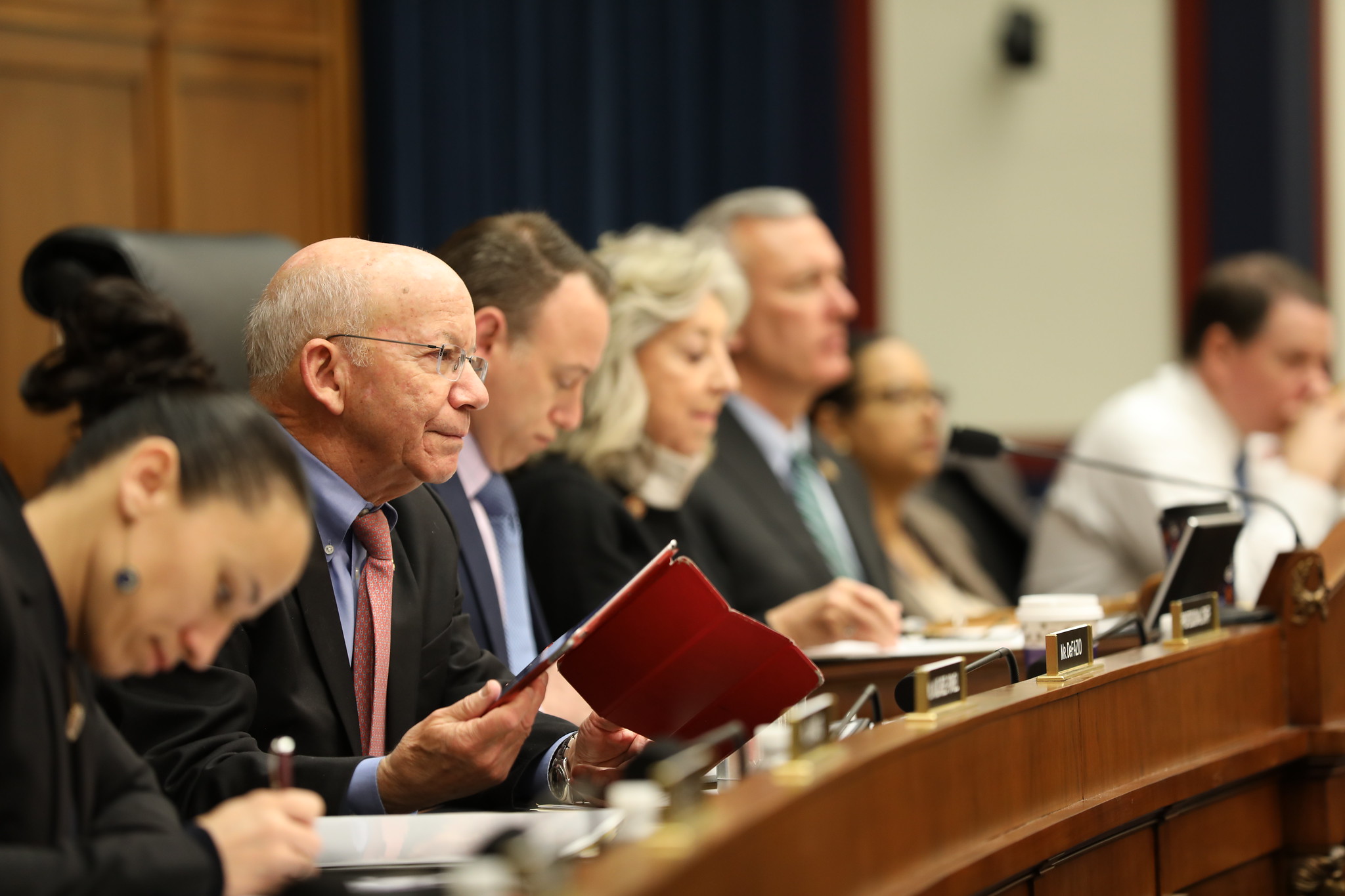
As the sun sets on the 117th Congress with the bipartisan infrastructure law under their belts, it is up to the 118th Congress to deliver meaningful oversight and leadership on implementing those funds and guide the future of America’s transportation system.
How DC’s local transportation trends emerged within TransportationCamp DC
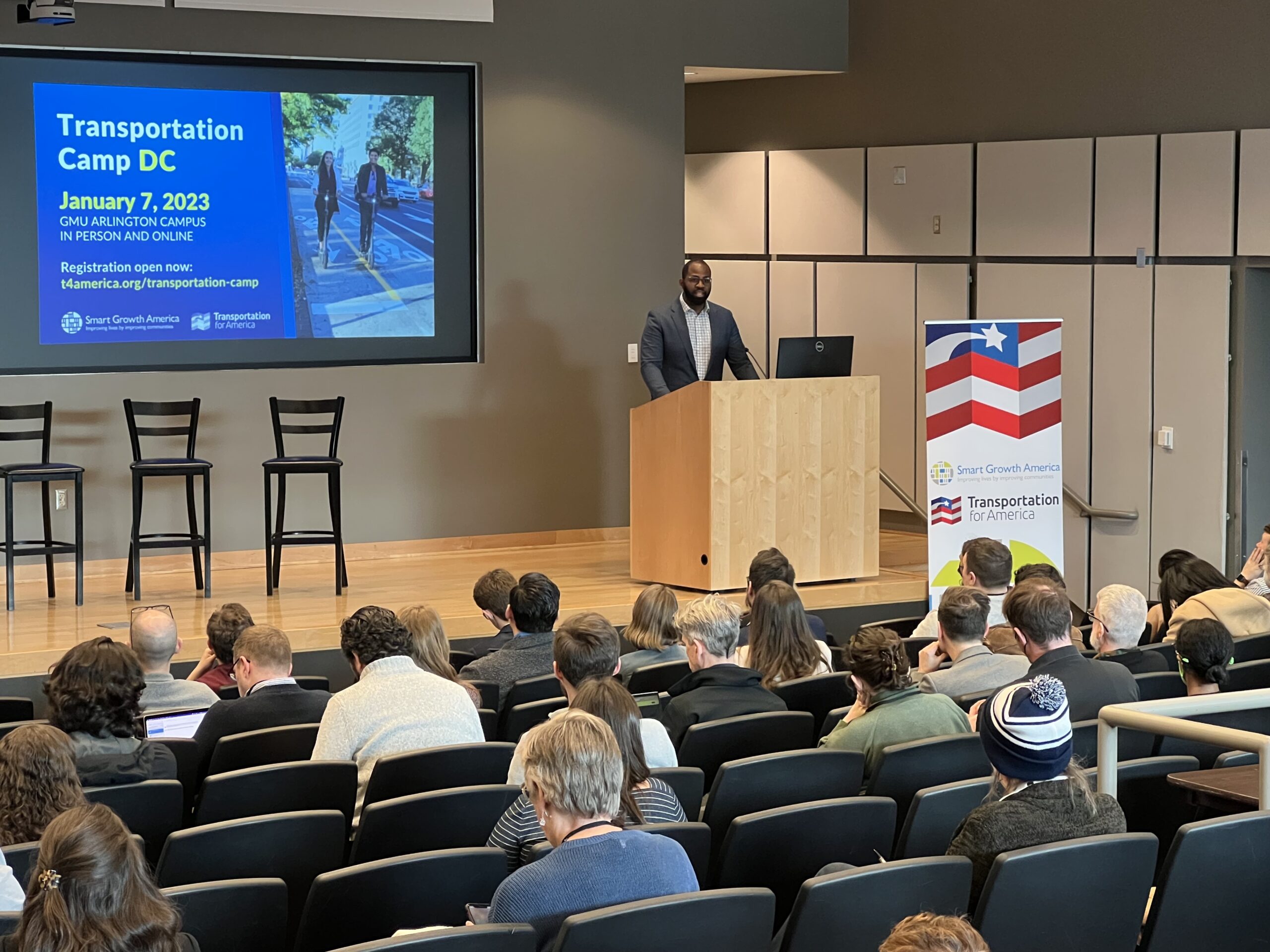
Last Saturday, we hosted more than 300 people for TransportationCamp DC at George Mason University’s Arlington campus. This “unconference” lends attendees the mic to discuss their transportation passions, ideas, and concerns with other advocates and experts. TCamps are also products of their local context, so here’s a quick glance at some of the issues that emerged—through that specific local lens.
Doing justice to Justice40
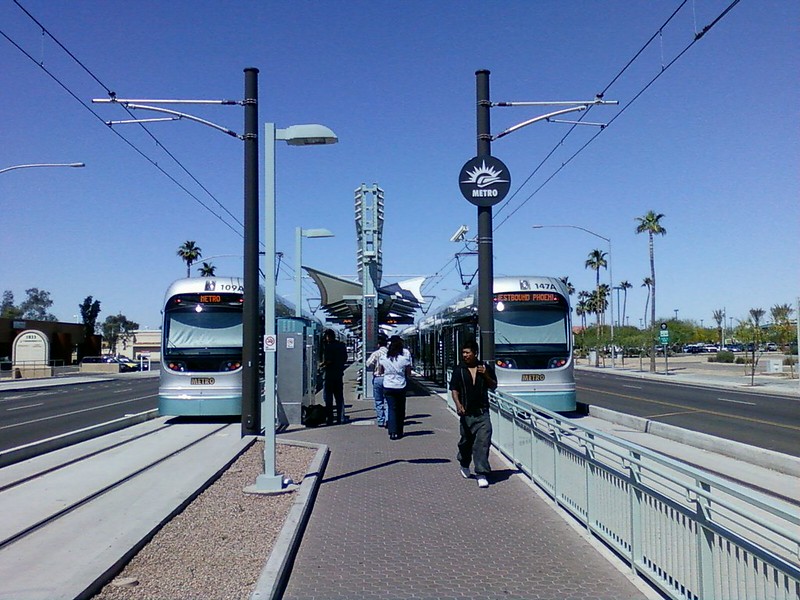
USDOT has finally added more substance to their plan to implement the Biden administration’s Justice40 Initiative. Despite some questions about how many programs can meet Biden’s goal of spending 40 percent on disadvantaged communities, the projects and programs they’ve moved toward Justice40 suggest a real effort to improve equity.
The long fight for connectivity in Milwaukee
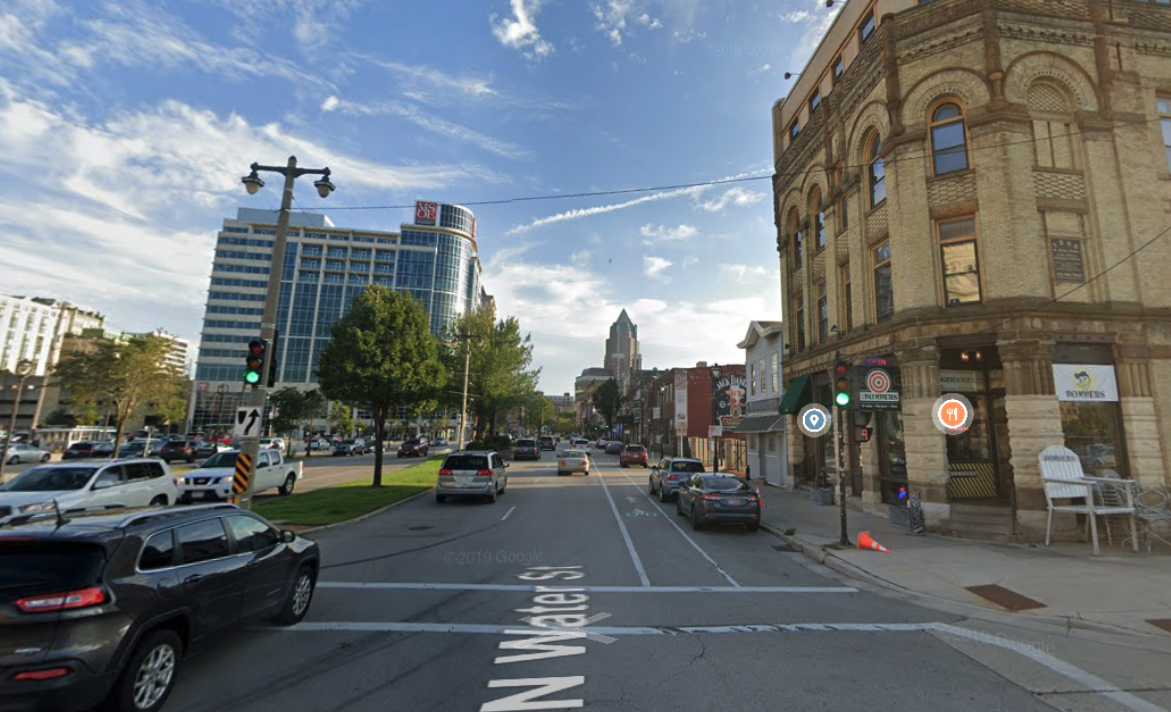
Successfully halting construction on the Park East Freeway in Milwaukee in 1977 was a major early win for advocates. But removing highways is more complicated. Milwaukee confronted that problem in the late 1990s and early 2000s when they attempted to remove the portion that had been built—a story which can serve as a model for other highway removal efforts.
Two years in and a changed Congress—How does Biden stack up and move forward on transportation?
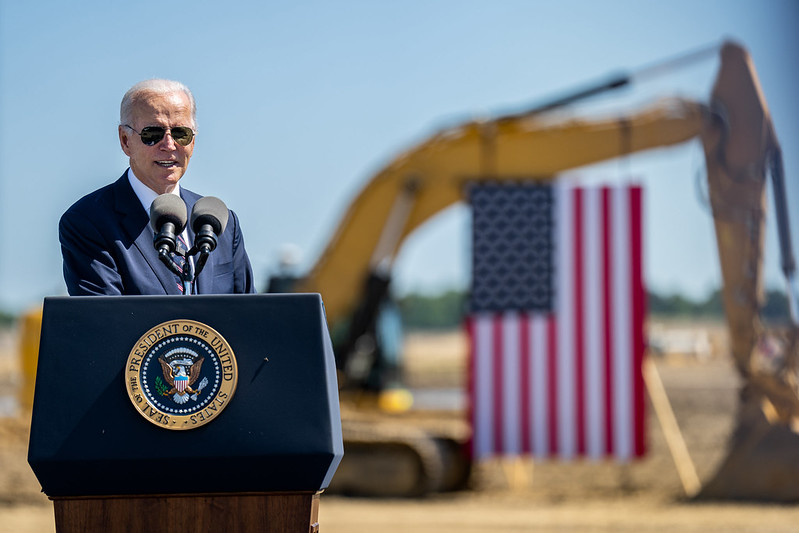
The sunsetting 117th Congress passed historic investments in infrastructure, via the 2021 infrastructure law and the Inflation Reduction Act. In parallel, the Biden Administration has rolled up its sleeves to implement those infrastructure investments with an eye towards safety, repair, and equity. Now with the incoming and divided 118th Congress, the Biden team is running out of time to make inroads on advancing its goals.
Assessing safety for the most vulnerable road users
Beginning in November of 2023, Vulnerable Road User (VRU) safety assessments will be required as appendices or addendum to Strategic Highway Safety Plan (SHSPs). While the goal of these assessments is to strengthen the Highway Safety Improvement Program (HSIP), recent federal guidance falls short on addressing dangerous road design.
Hybrid TransportationCamp DC, explained

TransportationCamp DC 2023 is quickly approaching, and we’re excited to see what you all have to bring to the table. TransportationCamp is an “unconference,” which means that you, the participants, will determine the agenda by proposing and leading sessions. This year, we’re doing things a little bit differently with a hybrid format that uses virtual and in-person sessions.
A new program to help communities thrive

For the Biden administration to achieve its goals, all communities will need to be able to take advantage of federal funds. But communities with limited resources face a steeper hurdle to accessing these dollars. The Thriving Communities Program is a small step in the right direction to ensure every community is set up for success.
How to engage with new elected leaders
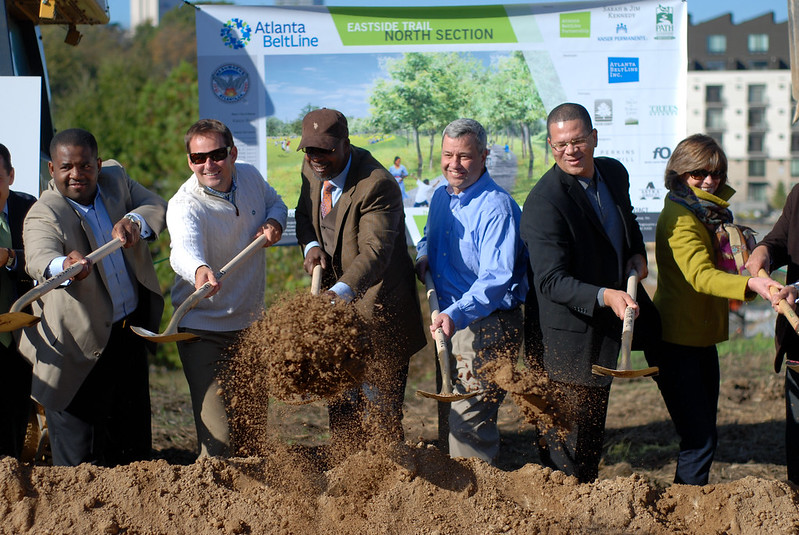
New state and federal leaders will take office in January. Where they stand on transportation will have a significant impact on the future of mobility in America. Here’s how you can engage with your new elected officials to help improve our transportation system in coming years.
A Gulf Coast win opens the door for national long-distance passenger rail service

On Monday, CSX, Norfolk Southern, the Alabama State Port Authority, and Amtrak filed a motion to the Surface Transportation Board stating that they’d reached an agreement to restore passenger rail service on the Gulf Coast
Eliminating driver error doesn’t work. What does? Part II: Designing solutions
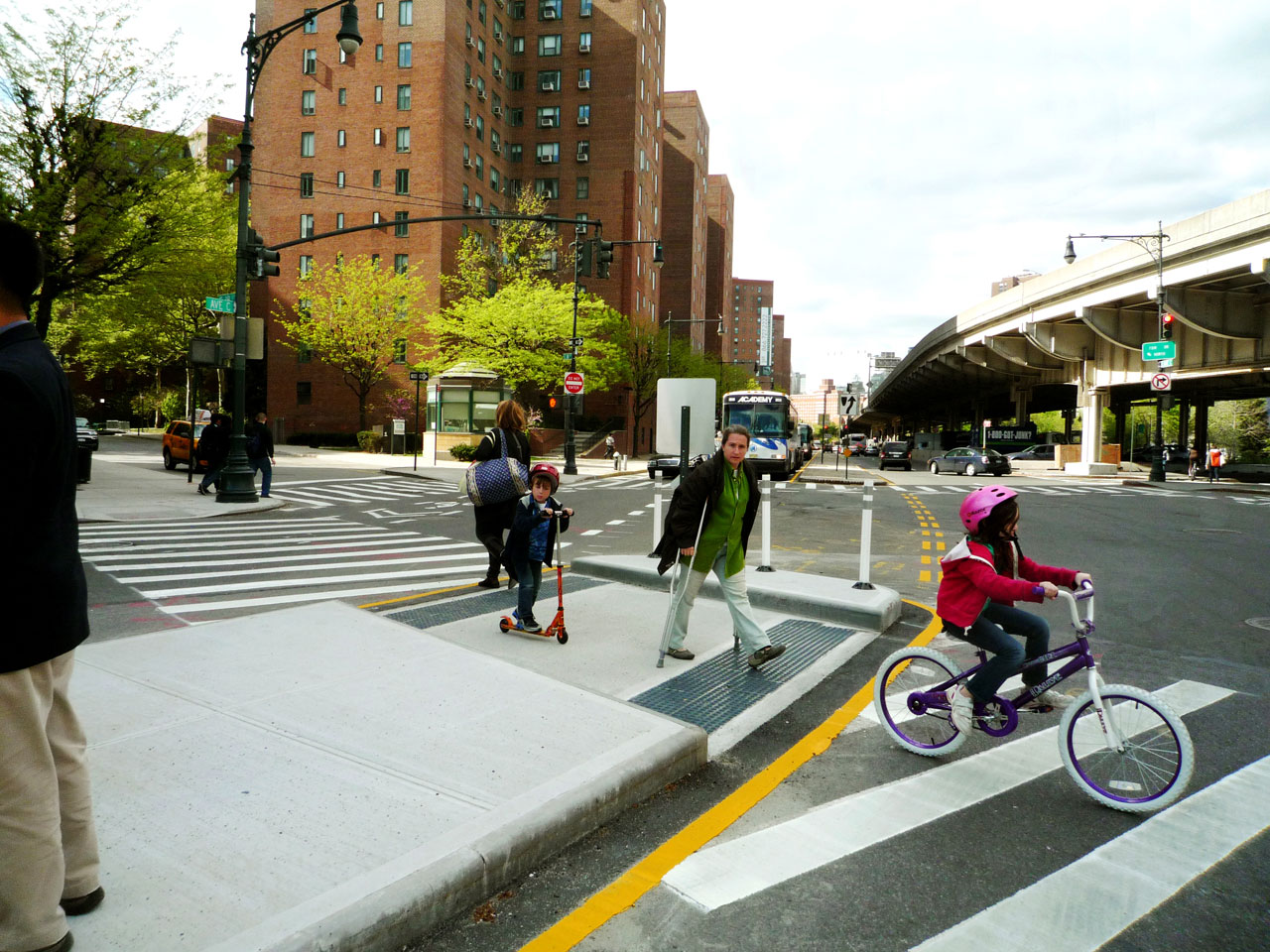
Design-based solutions, which accept and plan for human mistakes, can avoid the pitfalls of behavioral solutions. A recent report from New York City’s Department of Transportation sheds some light on which of those solutions work best—and for whom.
How to present at an unconference
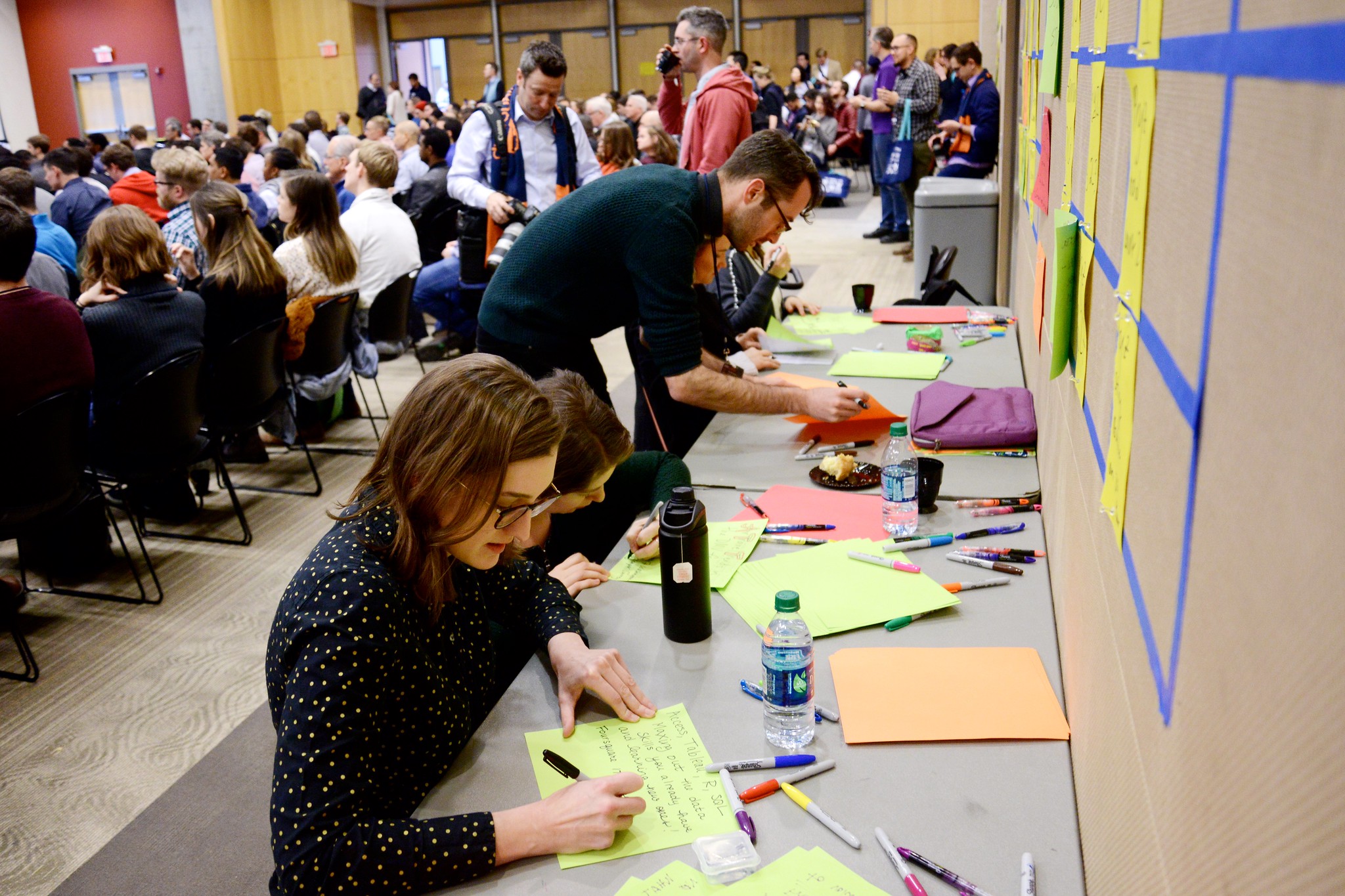
TransportationCamp DC is coming back as a hybrid event on January 7, 2023. This “unconference” is a place where attendees get to set the agenda and lead the conversation. Here are the top 4 pieces of advice for people interested in proposing a session.
Eliminating driver error doesn’t work. What does? Part I
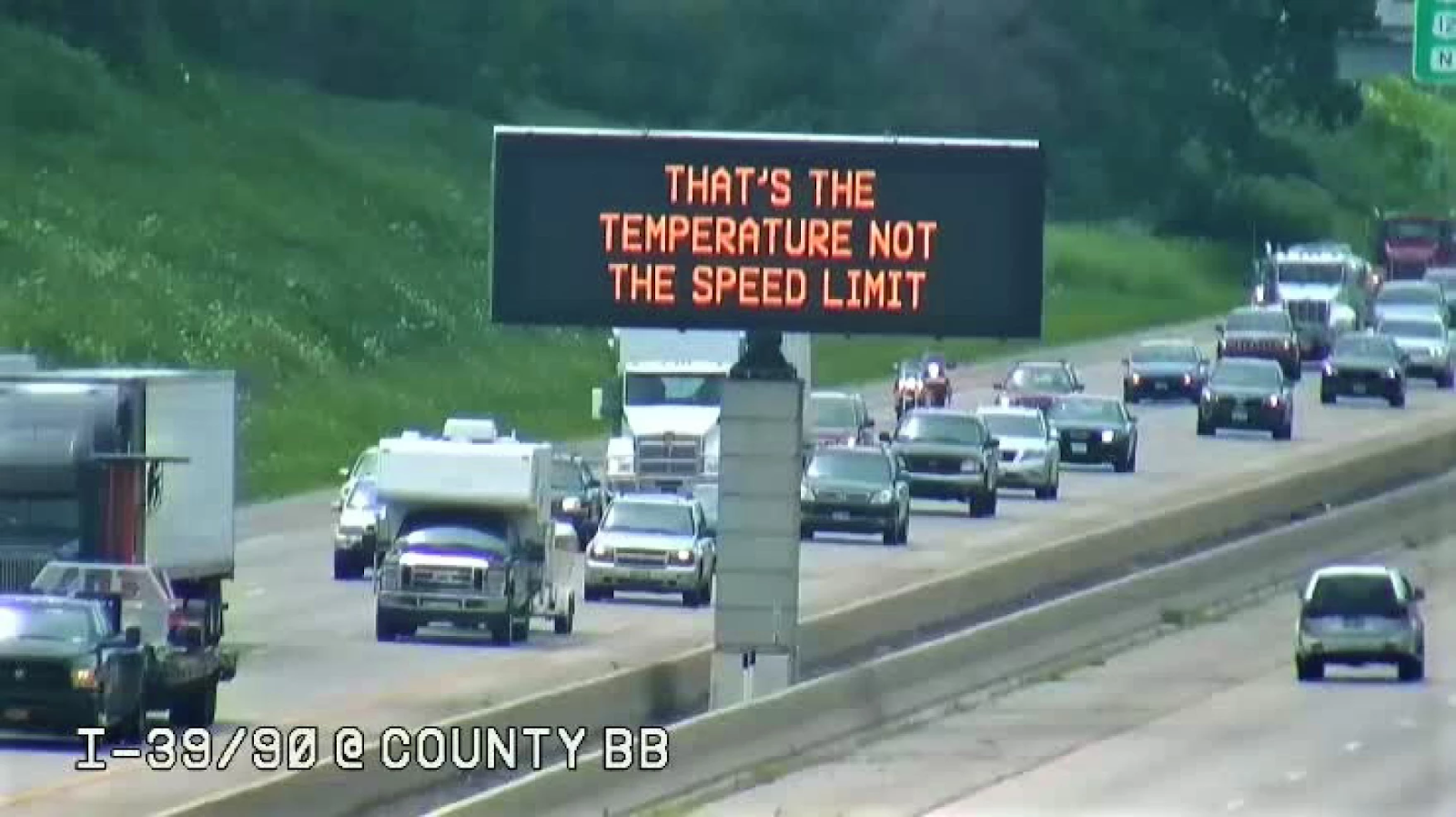
Billions of dollars in new federal highway funding are flowing into road safety programs, so we wanted to review the research on which interventions can save lives on America’s roads—and which are failing to do so. All the available data tell us one thing clearly: strategies that fail to accept human error and reduce speeds also fail to reduce road casualties.
SMART grants could make transportation smarter, or not
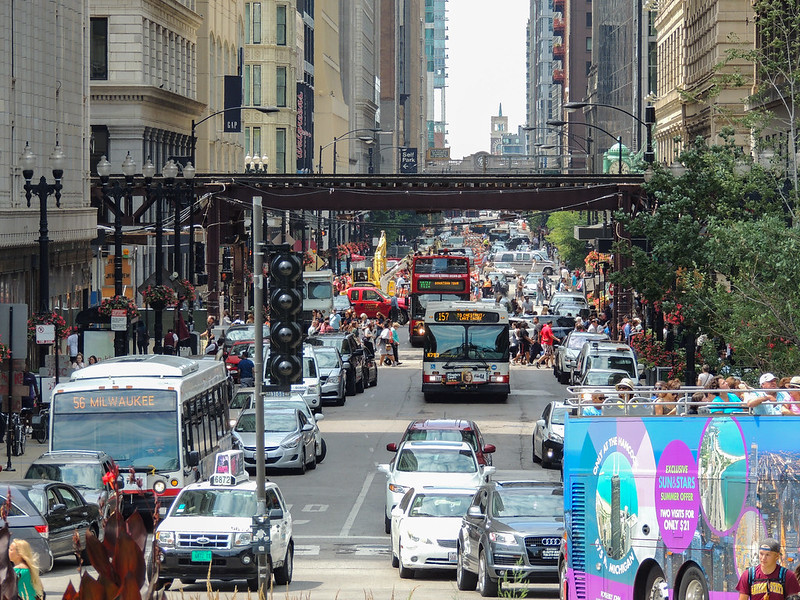
The Strengthening Mobility and Revolutionizing Transportation (SMART) competitive grant program offers communities funds to apply new technologies to solve their transportation challenges. How smart this program ends up being depends on whether it treats the application of new technology as a tactic, or as a goal in and of itself.
Electric carshare program meets multiple needs

As the Biden administration invests in transportation electrification, the Twin Cities’ electric carshare program serves as a model for supporting the electric vehicle transition in a way that delivers affordable access to EVs for more people.
No time to lose: Federal rule ready to boost awareness of transportation emissions
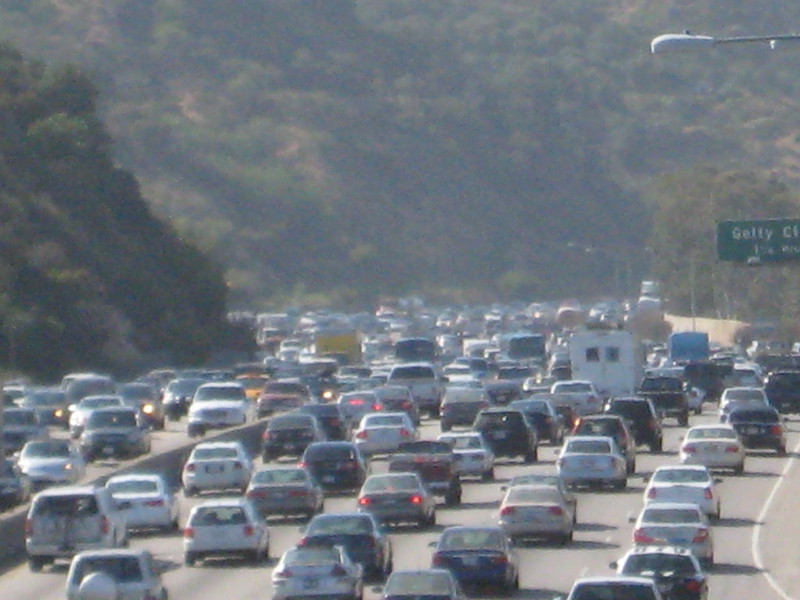
Comments close tomorrow 10/13 on a greenhouse gas emissions rule that could reestablish sunlight and accountability for transportation’s impact on climate change. Here’s what’s next for the proposed measure.
We’re living in an arterial world

The 99% Invisible podcast discussed the Netflix show Old Enough, where Japanese children run their first errands, explaining how street design lets the show’s participants be both safe and independent from a young age. We explore the flip side of this coin in the United States, where convenience for cars becomes a major inconvenience for anybody who can’t drive one.





